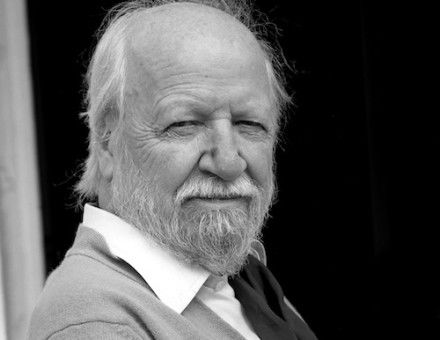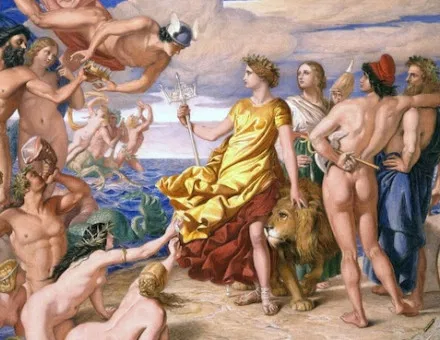Stand Up and Be Counted
Mark Steel, stand-up comedian and presenter of history on television and radio, describes how punk rock helped politicise a generation, and whet his own appetite for enquiring about the past.
Alot of people define themselves by their cultural or ethnic group. Me, I come from a small town in Kent. It’s not even Kentish, but where Kent meets the London sprawl; somewhere the whole purpose, the whole pride of the place was that it was cultureless. It had a way of life that wasn’t definable, it had nothing. People moved there because its purpose was boredom – ‘come to Swanley and life will pass you by’.
Punk exploded in these sorts of places, and I got into it when I was sixteen or seventeen. I remember the impact the first Clash album had on me: it said it was legitimate to be angry about the older generation. My parents’ generation had been through the war; they thought the boom would go on for ever, that all you had to do was choose a good trade, work hard and be in it for your whole life. We rejected this stability, so there was enormous tension between us and our parents – and out of that tension and the explosion of the late 1970s, when society polarised and became quite violent, with the rise of fascism and so on, came quite a wide layer of people my age who protested and asked questions. Is the stability we are being sold of any value?





